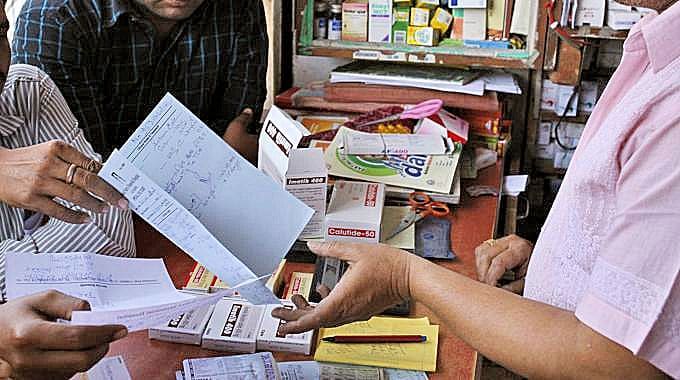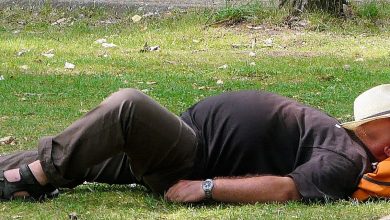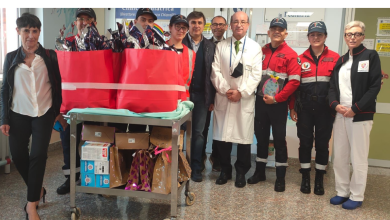
Gardini, a rampant phenomenon resulting from the current limitations on access to innovative treatments. The 79% of the doctors says it is in favor of the total elimination of access restrictions, hoping for the extension of the treatment to all patients.
Posted on: 05/07/2016 – adnkronos
 Those suffering from hepatitis C but not meeting the criteria currently in force in Italy for free access to the new treatments often resort to 'stratagems' such as buying low-cost generic drugs abroad, primarily in India. And here the 84% of the doctors involved in a survey by the Alliance against hepatitis trusts that they had to deal with patients currently excluded from therapies in search of an equivalent product; the 40% has among its patients those who have purchased it and 1 in 5 doctors claims to follow at least one patient treated with generics.
Those suffering from hepatitis C but not meeting the criteria currently in force in Italy for free access to the new treatments often resort to 'stratagems' such as buying low-cost generic drugs abroad, primarily in India. And here the 84% of the doctors involved in a survey by the Alliance against hepatitis trusts that they had to deal with patients currently excluded from therapies in search of an equivalent product; the 40% has among its patients those who have purchased it and 1 in 5 doctors claims to follow at least one patient treated with generics.
"For the first time we have clear confirmation of an unprecedented, rampant, underestimated phenomenon and the result of current access restrictions", comments Ivan Gardini, president of the EpaC Onlus Association, who has been denouncing the risks for many months to Adnkronos Salute linked to the purchase of these products in foreign countries, without controls and without the certainty that they are safe. According to the EpaC, it is necessary "to remove any access limitation in force today so that treating doctors can plan therapies for all their patients, and not just those with serious or very serious illness".
EpaC has therefore launched a survey aimed at doctors from authorized centers to take a picture of the state of the art regarding access to new innovative drugs for hepatitis C. The survey was launched on June 15 and is still open. To date, 70 clinicians authorized to prescribe have responded, for a total of 25% of national structures (21-31%), with a pool of patients involved in the analysis of approximately 41,000 individuals.
The result of the survey is clear: the 63% of doctors expects to be able to put all patients who meet the Aifa criteria into therapy by the end of the year and, on the basis of this, the 79% of doctors says they are in favor of the total elimination of access restrictions , hoping for the extension of the treatment to all patients, establishing national priority guidelines.
 According to the associations, the information gathered therefore leads to only one conclusion: as early as the next few months, many authorized centers risk being left with very few patients to treat and therefore it is urgently necessary to intervene on the access criteria, remodulating the system according to emerging needs.
According to the associations, the information gathered therefore leads to only one conclusion: as early as the next few months, many authorized centers risk being left with very few patients to treat and therefore it is urgently necessary to intervene on the access criteria, remodulating the system according to emerging needs.
"It's not just the patients who are asking for it, but now the doctors too and the system is ready for change," says Gardini. And according to Antonio Gasbarrini, professor of Gastroenterology at the Catholic University of the Sacred Heart in Rome, "with the use of second-generation antivirals against the C virus, our chances of eradicating the virus further increase, offering us the possibility of customizing therapies in based on the characteristics of the patient, and at the same time the very high costs of the disease will be reduced over time. But I will never stop insisting on the importance of prevention, with educational campaigns for the youngest in order to immediately identify those at risk of contracting the virus".
Related news: AIFA registers: the Agency provides information on treatment data with new drugs for the treatment of hepatitis C
AIFA communication on negotiation with Gilead Sciences
Hepatitis C: the patent case of Gilead's drug sofosbuvir opens in India
Considerations and clarifications regarding the purchase of anti-hepatitis C drugs abroad





